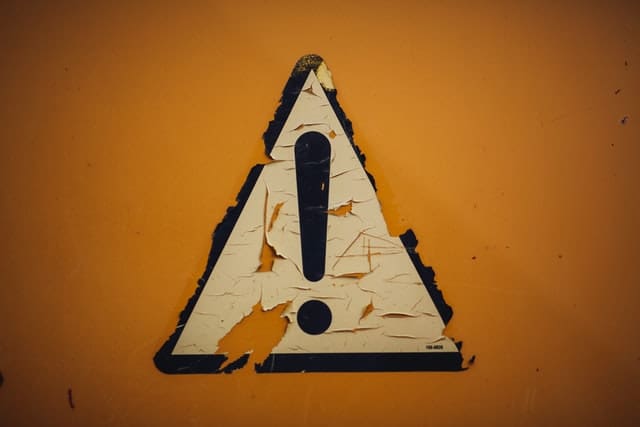There are always potential risks when you invest in tax liens and deeds. Below we will carefully explain how to avoid them. Tax lien investing is exceptionally safe. The government made it that way, but there are some risks. We want to make you aware of these risks and how to avoid making a mistake easily.
The first risk is buying the wrong tax lien certificate. This can easily happen because tax lien certificates are auctioned off by the county. The bidding starts at the amount of taxes owed plus interest and penalties. The thing to remember is that you are not bidding against other investors. You are bidding against the homeowner. If no one else bids, then you get the tax lien certificate.
However, if someone else does bid, then you have to pay more than what is owed in taxes. This is where it gets tricky and where mistakes are often made. Many times, investors will get caught up in the auction and overbid on a property. They end up paying more for the tax lien certificate than what the property is actually worth. This is a very costly mistake that can easily be avoided by doing your homework and research on the property beforehand.
The second risk is not understanding the tax lien process. This can lead to investors making poor decisions and losing money. When you invest in tax liens, you are lending money to the government. The government then uses this money to pay for public services like schools and roads. In return, they offer you interest on your investment.
However, if the homeowner doesn’t pay their taxes, then you could end up foreclosing on their home. This is a lengthy and expensive process that often doesn’t end well for the investor. That’s why it’s so important to understand the tax lien process before investing any money.
The third and final risk is not diversifying your portfolio. This simply means not investing in multiple tax liens. When you only invest in one tax lien, you are putting all of your eggs in one basket. This is a very risky strategy that can lead to big losses if the homeowner defaults on their taxes.
To avoid this, you should always diversify your portfolio by investing in multiple tax liens. This way, if one homeowner does default, you will still have your investment protected by other tax liens.
Considering Liquidity
While tax liens and tax deeds can be excellent investments, they are not without risk. One of the biggest risks is liquidity. Liquidity can be defined as the ability to sell an asset and convert it to cash.
This is only risky if the investor’s cash in a tax lien or deed is tied up for an extended period of time. An investor’s money is tied up in a tax lien until one of two things happens: 1.) The tax lien is redeemed (paid off in full by the homeowner) or 2.) The tax deed is sold at auction.
Conclusion
By understanding these basic risks and how to avoid them, you can safely invest in tax liens and earn a great return on your investment.
You can learn more from our free and informative workshops. Join us: https://www.tlwbevents.com/workshop


